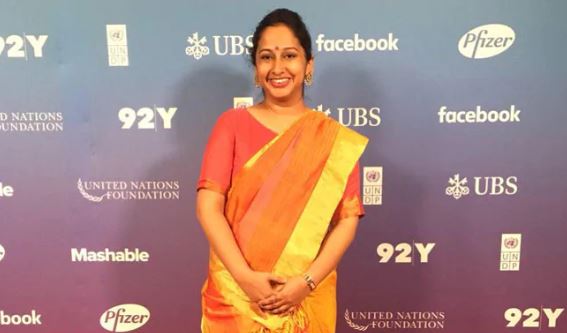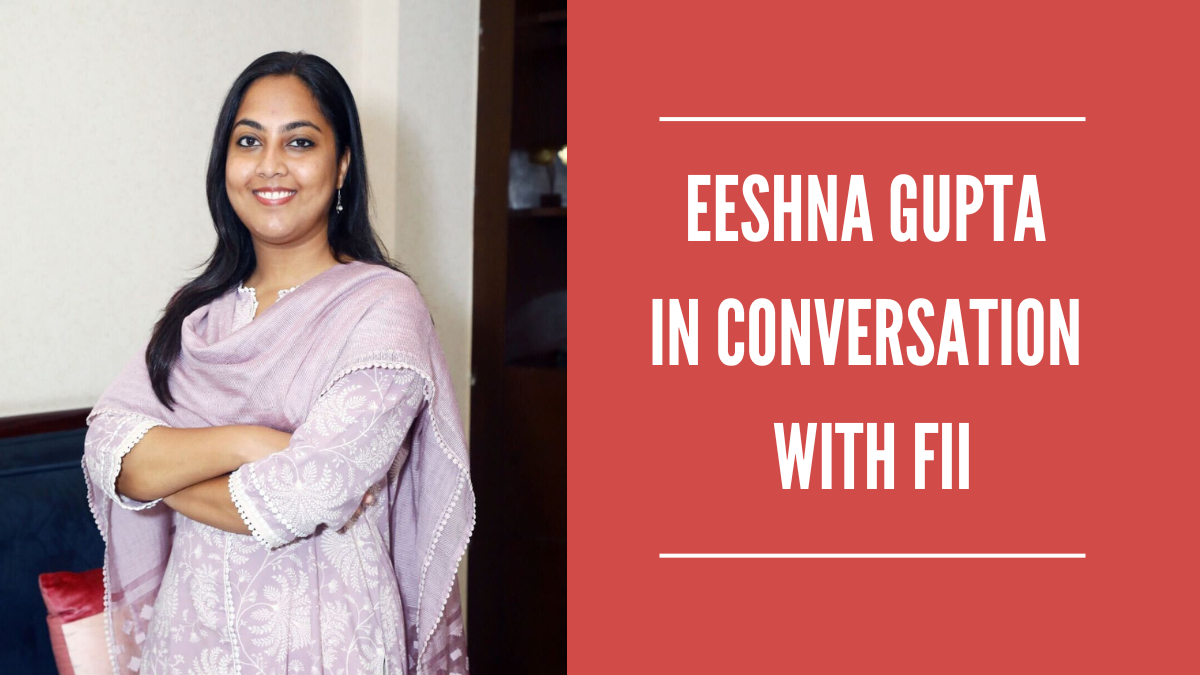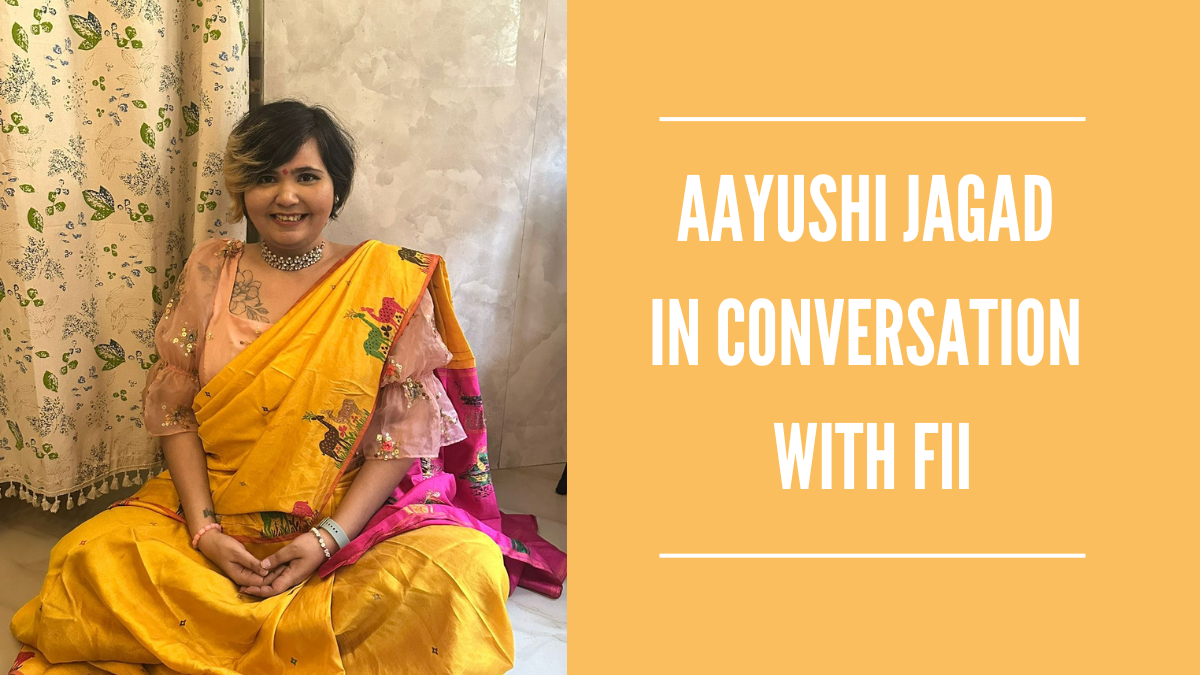In countries like India, nursing or breastfeeding in public has been very much a part of women’s daily lives. They have historically been doing it and are continuing to do so without any hassle from other parties. However, a few incidents of objections raised by the public to mothers breastfeeding in public places has necessitated dialogue and conversation with stakeholders. The #FreedomToNurse initiative was undertaken across the country to create an environment that is friendly and accommodating of mothers who cannot and should not have to seek private spaces to carry out a job that is natural and inevitable: feeding a hungry baby.
For this, Feminism in India conducted a brief interview with Adhunika Prakash, the founder of Breastfeeding Support for Indian Mothers (BSIM) and a certified Lactation Educator and Counsellor. Prakash began BSIM as a Pune-based Facebook group that gained a lot of traction from Indian mothers and crossed over 900,000 members. Here, members, peer counsellors (PCs), moderators, and admins help women with breastfeeding queries for no monetary benefit. Some members of the group have been inspired to get professionally trained in the area of lactation.
In 2018, Facebook selected Adhunika as one of the five global leaders in its Community Leadership Programme. These global community leaders receive grants up to $1,000,000 each from Facebook to fund their initiative and amplify its effect on the ground. Here, we speak to her about her #FreedomToNurse initiative and other queries about breastfeeding in India.

Nayonika Sen: What exactly is the #FreedomToNurse campaign?
Adhunika Prakash: #FreedonToNurse is a campaign that has been started by our initiative called Breastfeeding Support for Indian Mothers (BSIM). BSIM is a 5-year-old organisation that has been working towards supporting breastfeeding parents reaching their own goals.
The goal of this campaign is to end the discrimination against breastfeeding parents.
In India, parents have often breastfed in buses, trains, while outside in parks without censure. While we do not have a law that specifically protects the rights of breastfeeding parents, neither is there a law which makes it illegal for any establishment or entity to discriminate against a breastfeeding parent.
Breast milk is the optimum source of nutrition for the child. It contains vital vitamins, minerals, antibodies, proteins, carbohydrates, fats, hormones, probiotics, prebiotics and stem cells (to name a few); it has anti-viral,
Breastfeeding parents should be encouraged to breastfeed in whatever way they are comfortable.
Breastfeeding reduces the odds of the breastfeeding parent and child developing several health conditions, thereby bringing down healthcare costs of the nation. Breastfeeding parents should be encouraged to breastfeed in whatever way they are comfortable. A breastfeeding parent should not be forced to alter the way in which the child is fed because of the inconvenience caused to others. As the number of women in the workforce of India increase, a mother that is formally employed should have the facilities at her place of work that enables her to pump for the child during the mother and child separation.
Discriminating against breastfeeding women could cause women to cease their breastfeeding journey sooner than they’d prefer, resulting in adverse health outcomes for the mother, the baby and the country.

Image Source: Facebook
NS: Were there any specific incidents that initiated this movement?
AP: A few years ago, I was breastfeeding my second child at a posh restaurant in Pune. We were having a nice meal to celebrate my husband’s birthday. Once we had helped ourselves to starters, my child became hungry and wanted to breastfeed. Since I had been breastfeeding for over three years at this stage, I was confident about breastfeeding in public and started breastfeeding her where we were at. Within minutes, a waiter came and asked me I would like to breastfeed in the toilet. I had heard about these instances happening to others but it wasn’t something I had experienced until then. I was assertive and told the waiter that I will continue breastfeeding where I am at because the toilet isn’t a place for a baby to breastfeed. I shuddered to think about how a new and vulnerable mother would have reacted in a similar situation.
Such initiatives have gained tremendous traction in India and similar movements are seen across the world to normalise breastfeeding in public and make mothers comfortable about nursing their children without inhibitions.
In November 2018, a member of our group was asked to breastfeed in a toilet when her baby was hungry. She was shopping at a mall when she needed to breastfeed her baby, she found that neither could she feed in the shop nor was there any breastfeeding rooms. When she requested the mall staff for a place to feed her baby she was met with indifference and told to feed the baby in the toilet. After much running around with a hungry baby, she found a shop which allowed her to use their changing rooms. After this very harrowing experience, she left feedback on the mall’s Facebook page.
The response she got was disturbing and irresponsible. The mall responded by saying that breastfeeding was not allowed in shops and that
This uproar on our group made us launch the #FreedomToNurse campaign in solidarity. Since then, we are trying to create awareness about the discrimination women feel when they are breastfeeding – either directly or when providing expressed breast milk to their baby. We created an online campaign which educated the masses about the importance of supporting breastfeeding in public. We ran offline campaigns in three cities – Bengaluru, New Delhi and Coimbatore.

Image Source: Sakal Times
NS: Is the stigma associated with breastfeeding in public authentic to India, or, is it something that we have imported from western ideas of ‘public decency’?
AP: These are issues that are being dealt by women across the globe. Over-sexualisation of breasts has led people to forget the primary purpose of breasts.
NS: Are the stigmas associated with breastfeeding in public pervasive of class and caste?
AP: From my understanding, women in rural settings and lower socioeconomic areas may be more comfortable about breastfeeding in public. I have seen videos and photos of women breastfeeding in villages without their breasts covered. There is a village in Rajasthan where women breastfeed baby deers without attempting to cover their breasts.
I, however, have no lived experience on the same. Making generalisations for a country as large as India is also hard.
NS: How can awareness about breastfeeding and lactation among Indians, especially Indian men, be improved or initiated?
AP: We need a large-scale campaign about how breastfeeding is an asexual

Image Source: Twitter
NS: In a deeply patriarchal society like that of India and the taboos around women’s bodies and nudity, how likely is a movement like #FreeTheNipple or #FreedomToNurse going to be able to make
AP: Every change that we expect, starts small. We can hope that it will start small and grow bigger over time.
NS: The sexualisation of women’s bodies has resulted in breasts being viewed as an object of lust and not as a source of nutrition for the child. How can this view be changed to accommodate nursing mothers into the fold of the mainstream?
AP: Through our initiative, we are empowering women to step out and breastfeed in public. To not be limited to their homes, and to occupy public spaces as they go about their regular life while breastfeeding.
We need to see more breastfeeding women out and about.
The campaign should help us in raising awareness about why discrimination against breastfeeding results in poor outcomes in the mother, the child and the nation.
The BSIM and the #FreedomToNurse are both initiatives for the benefit of lactating mothers. It has gained tremendous traction in India and similar movements are seen across the world to normalise breastfeeding in public and make mothers comfortable about nursing their children without inhibitions.
Also read:In Conversation With Meghna Chaudhury: The Co-Founder Of The Irrelevant Project
References
1. The Better India
2. Breastfeeding Support For Indian Mothers
FII thanks Adhunika Prakash for taking out time to do the interview.
Featured Image Source: NDTV
About the author(s)
Nayonika Sen is a Marxist feminist law student. Passionate about history, literature, writing, and smashing Patriarchies! Academic at heart.




